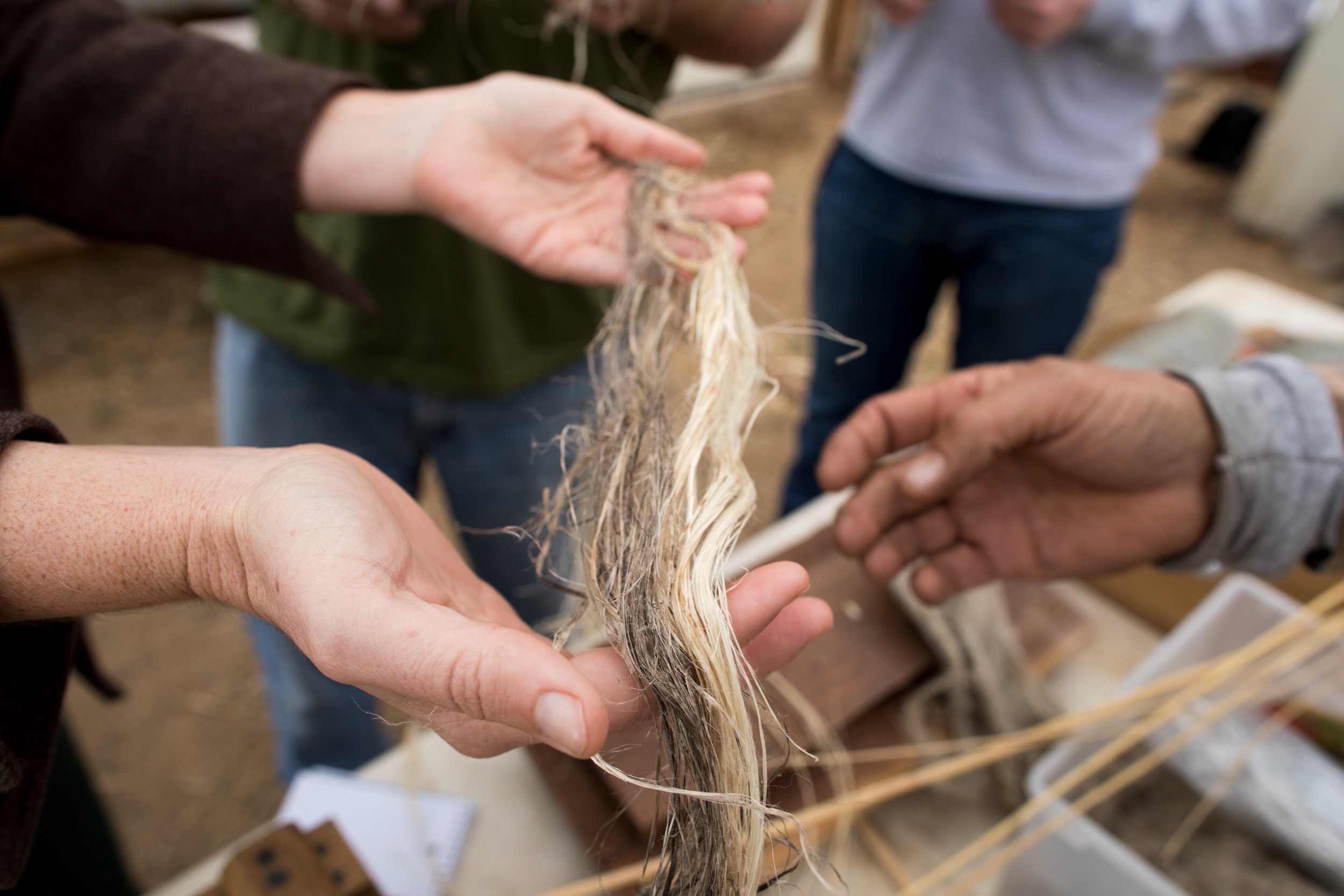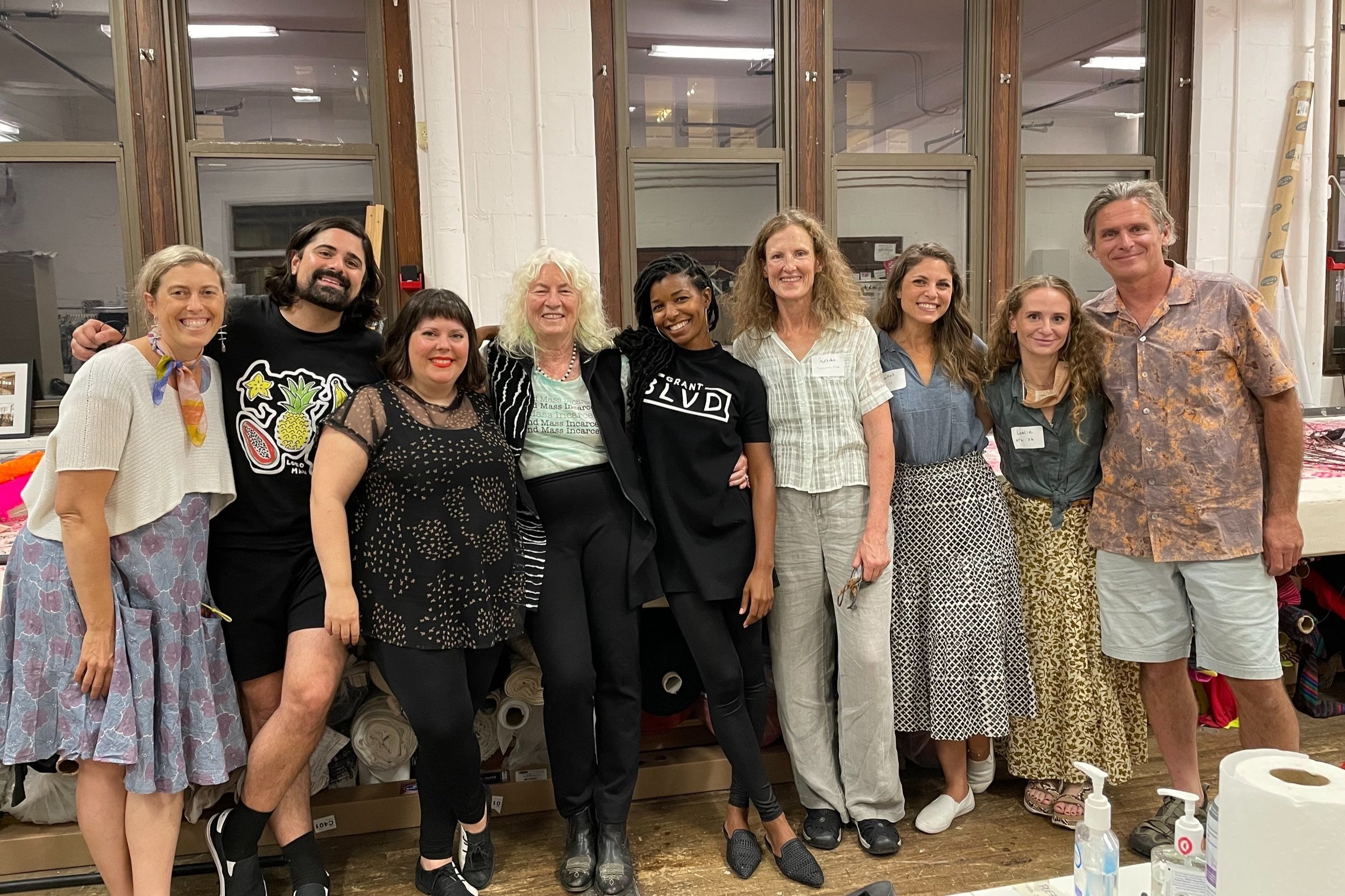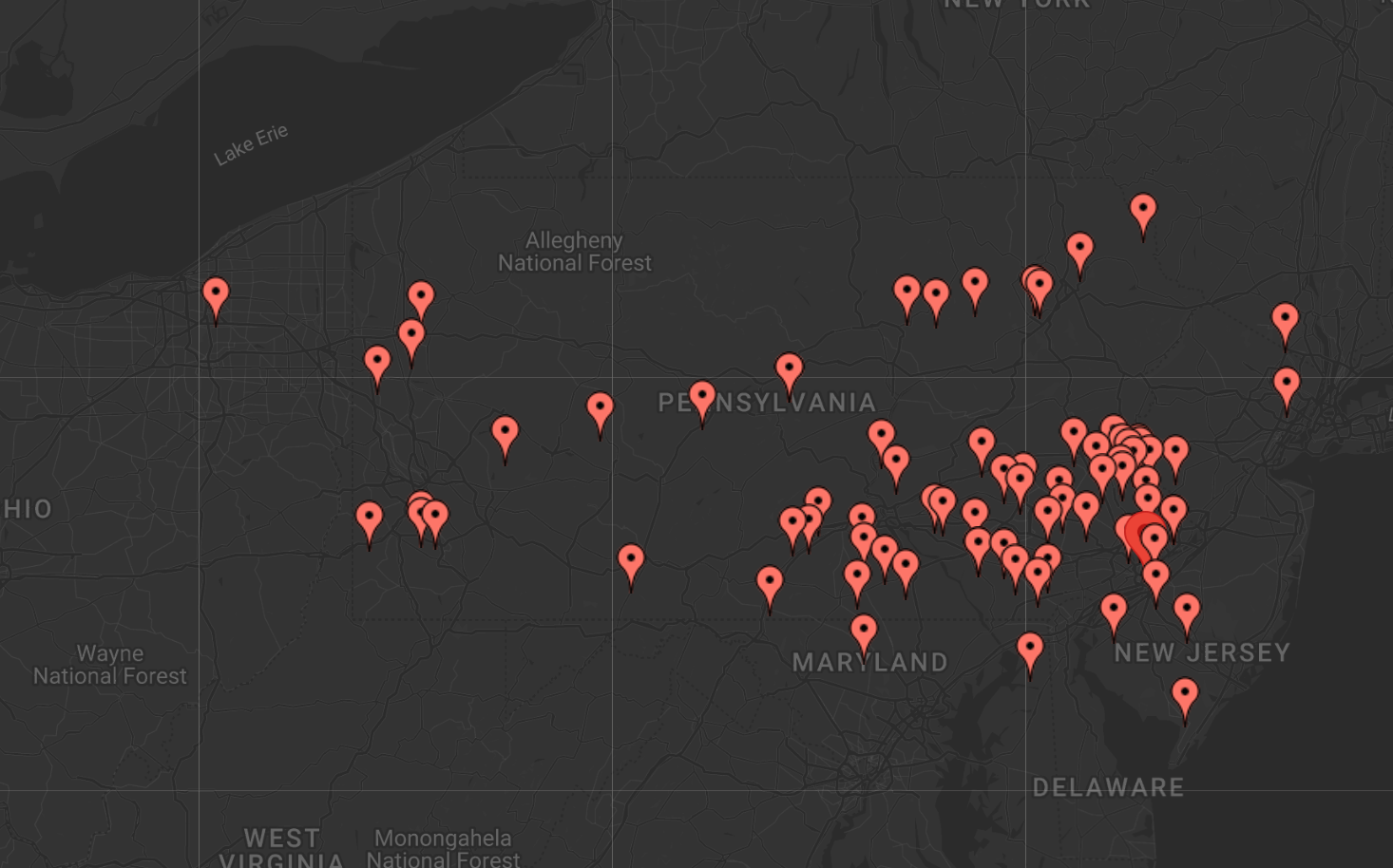
Pennsylvania Fibershed
Introducing
A fiber and fashion community in PA weaving together the fabric of positive change.
Previously known as the Clothing&Textile Coalition of All Together Now PA
Our Mission
Pennsylvania Fibershed is a nonprofit organization connecting the fiber and fashion communities in Pennsylvania to build a more sustainable and circular future for textiles and our environment through educational programming and industry development.
Be a part of our community
Join our community and be a part of creating positive change for fiber and fashion in PA.
Explore Fiber in PA
This map will continue to be updated as we uncover PA’s fiber system
What We Do
-

Connect
-

Build Supply Chains
-

Educate
-

Support Sustainable Solutions
Meet our team
-
-

Rachel Higgins
-

Leslie Davidson











